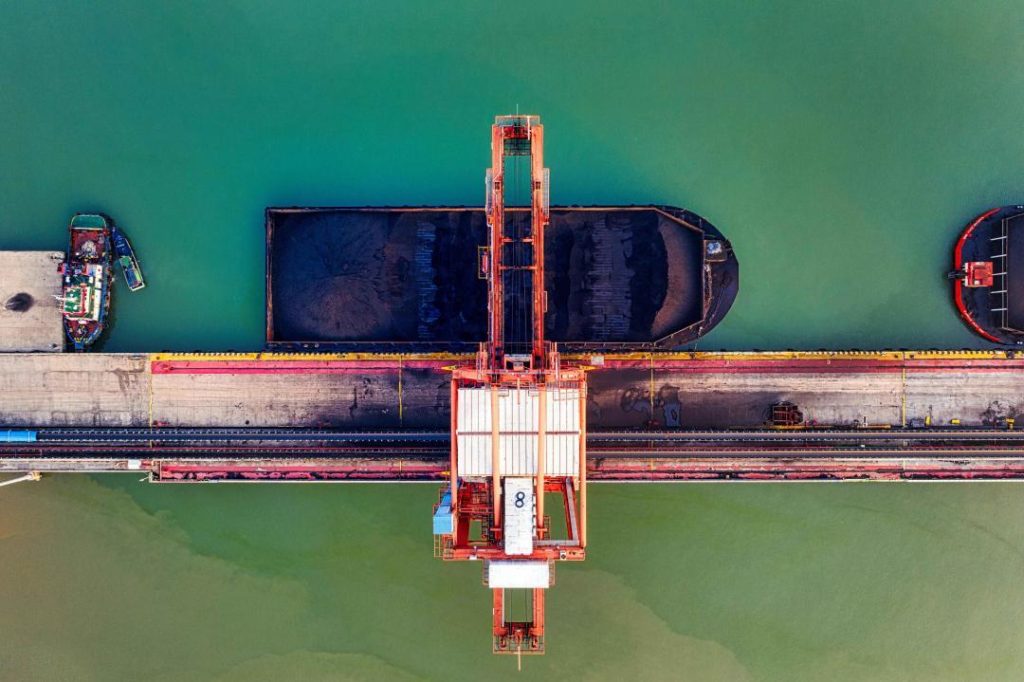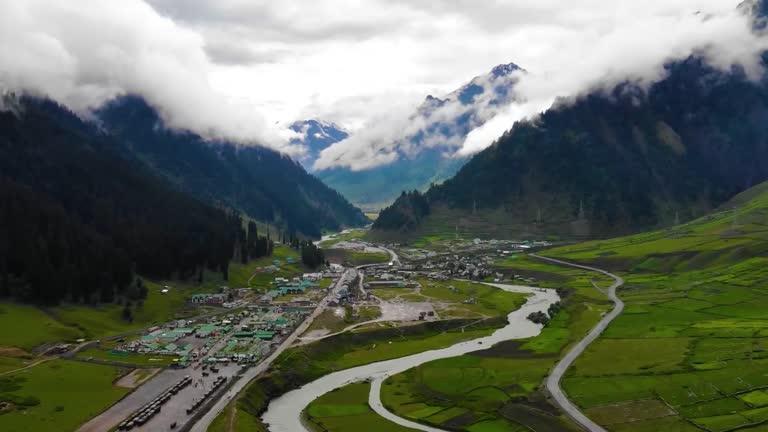
India Saved $3.9 bn between Apr-Nov 2024 as Coal Imports Declined
The Indian government has made significant strides in reducing its reliance on coal imports, resulting in substantial savings of nearly $3.91 billion between April and November 2024. According to Coal Minister G Kishan Reddy, coal imports declined by 5.35% during this period, a notable achievement for the country’s energy sector.
The decline in coal imports is not the only positive development in the sector. Coal production has increased by a significant 11.71% in FY24 compared to FY23, indicating a shift towards self-sufficiency in meeting the country’s energy demands. This increase in production is likely to have a positive impact on the economy, as it reduces the country’s dependence on imports and saves valuable foreign exchange.
To further improve the supply chain and ensure a seamless flow of coal to consumers, the Ministry of Coal has launched the first mile connectivity initiative. This initiative aims to reduce the logistical challenges faced by coal miners and transporters, thereby increasing the efficiency of the coal supply chain. As part of this initiative, the ministry has commissioned 39 projects with a total capacity of 386 MTPA (million tonnes per annum).
The decline in coal imports and the increase in production are a testament to the government’s efforts to reduce the country’s dependence on imported energy sources. India is one of the largest consumers of coal in the world, and the government has been working to reduce its reliance on imports and promote domestic production.
The coal sector has been a key focus area for the government in recent years, with a series of initiatives aimed at increasing production and reducing imports. The government has also been working to improve the infrastructure and logistics of the coal supply chain, with a view to increasing efficiency and reducing costs.
One of the key challenges facing the coal sector is the transportation of coal from mines to power plants and other consumers. The coal supply chain is complex and involves a number of stakeholders, including miners, transporters, and consumers. To overcome these challenges, the government has launched a range of initiatives aimed at improving the efficiency and reliability of the supply chain.
The first mile connectivity initiative is one such initiative, aimed at reducing the logistical challenges faced by coal miners and transporters. The initiative involves the development of infrastructure such as roads, bridges, and rail tracks, which will enable coal miners to transport their coal more efficiently and reliably. The initiative also involves the provision of equipment and technology, such as conveyors and cranes, which will enable coal transporters to load and unload coal more quickly and safely.
In addition to the first mile connectivity initiative, the government has also launched a number of other initiatives aimed at improving the coal supply chain. These initiatives include the development of coal handling and storage facilities, the provision of training and capacity building programs for coal transporters, and the establishment of a coal logistics corridor.
The decline in coal imports and the increase in production are likely to have a number of positive impacts on the economy. For example, the reduction in imports is likely to save the country valuable foreign exchange, which can be used to finance other development projects. The increase in production is likely to create new employment opportunities and increase economic activity in the coal mining regions.
In conclusion, the decline in coal imports and the increase in production are significant achievements for the Indian government and the coal sector. The government’s efforts to reduce the country’s dependence on imported energy sources and promote domestic production are likely to have a number of positive impacts on the economy. The launch of the first mile connectivity initiative is a significant step towards improving the efficiency and reliability of the coal supply chain, and is likely to have a number of benefits for the industry and the economy as a whole.






